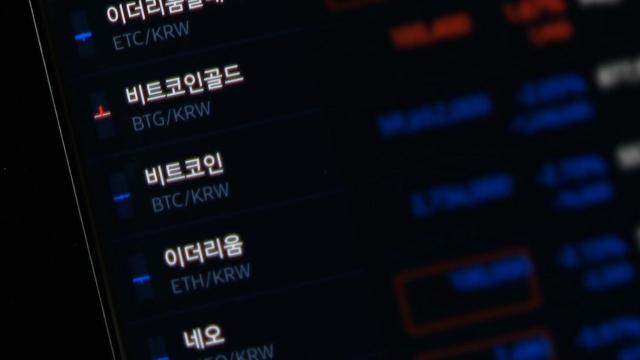
SEOUL, October 27 (AJP) - South Korean cryptocurrency exchanges have been drawn into a widening money-laundering network tied to North Korean hackers, with transactions flowing through a Cambodian exchange under U.S. sanctions surging nearly 1,400-fold in a year, government data show.
According to figures submitted to lawmakers by the Financial Supervisory Service, the total volume of cryptocurrency traded between South Korea’s five largest exchanges — Upbit, Bithumb, Coinone, Korbit, and GOPAX — and Cambodia’s Huiwon Guarantee reached 12.8 billion won, or about $9.2 million, last year. That marks a dramatic rise from just 9.22 million won in 2023.
Huiwon Group, which operates the Cambodian exchange, has been identified by U.S. and British authorities as a transnational criminal organization involved in online scams and money laundering for North Korea’s Lazarus Group, a hacking collective accused of stealing billions of dollars in cryptocurrency.
Bithumb accounted for the vast majority of the transactions, with its dealings with Huiwon soaring from 9.22 million won in 2023 to 12.4 billion won last year, and another 2.1 billion won recorded by May this year.
Upbit, the nation’s largest exchange, also saw a sharp increase, from zero in 2023 to 360 million won in 2024.
Nearly all of the funds — about 99.9 percent — were traded in Tether, or USDT, a stablecoin pegged to the U.S. dollar that has become a preferred vehicle for illicit cross-border transfers due to its liquidity and relative anonymity.
South Korean exchanges have come under criticism for failing to act swiftly after the U.S. Treasury imposed sanctions on Huiwon Group earlier this year. Despite the designation, several platforms reportedly continued processing related transactions for months. Bithumb only moved to block transactions on May 2 — one day after the sanctions announcement.
“The sharp rise in stablecoin transactions between South Korea and Cambodia demands serious scrutiny,” Rep. Lee Yang-soo of the main opposition People Power Party, said Monday. “Financial authorities must strengthen oversight to prevent domestic platforms from becoming conduits for laundering by foreign crime organizations.”
The Financial Supervisory Service has not yet commented publicly on whether it plans to investigate the exchanges involved.
* This article, published by Economic Daily, was translated by AI and edited by AJP.
Copyright ⓒ Aju Press All rights reserved.




